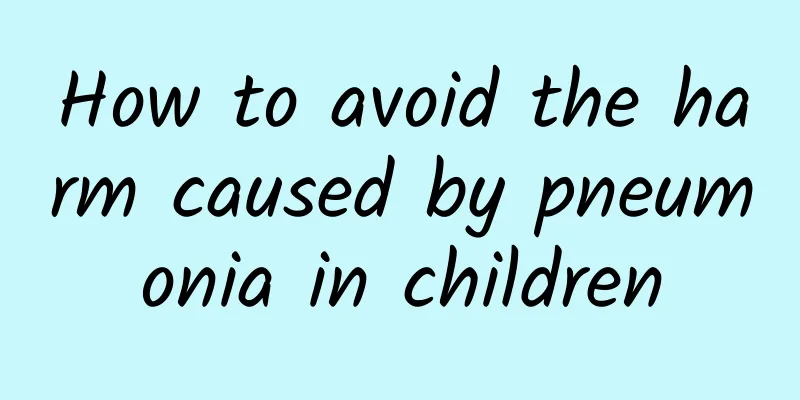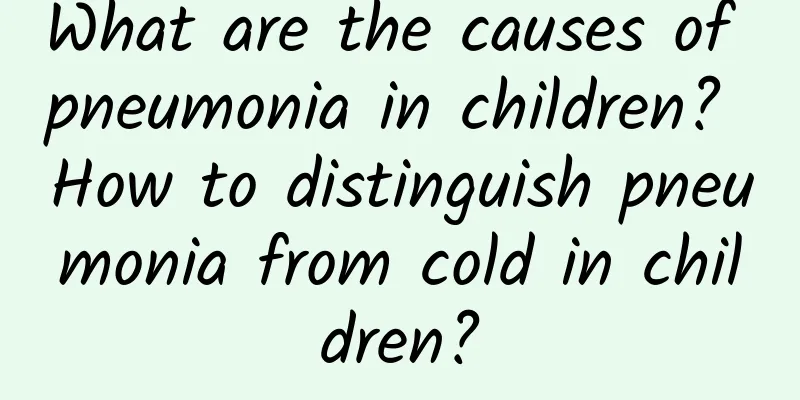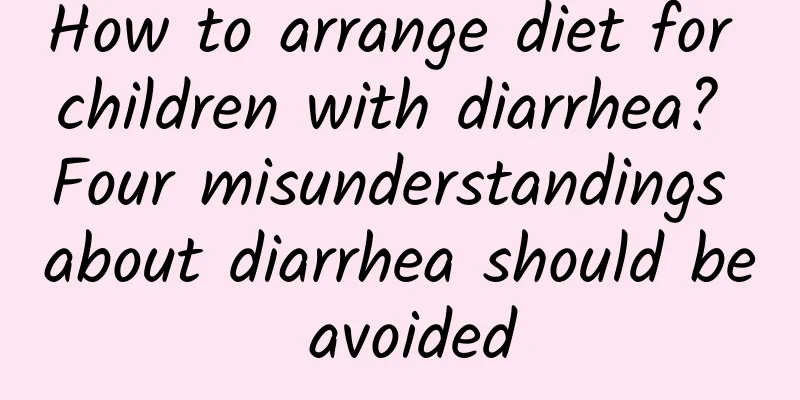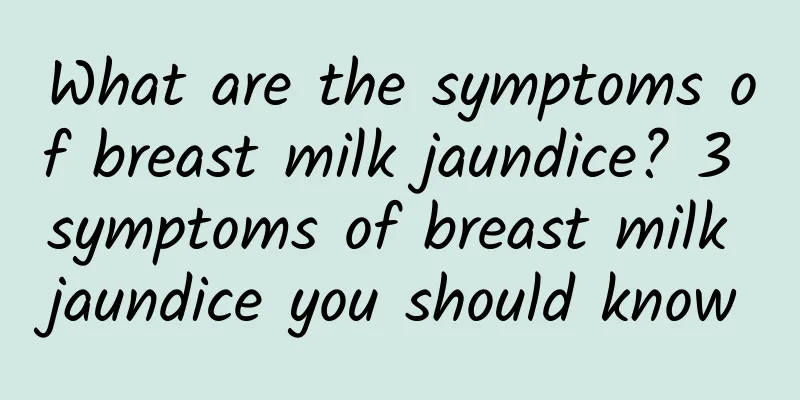What are the hazards and side effects of neonatal jaundice?

|
The hazards and side effects of neonatal jaundice mainly depend on the type and severity of jaundice. Severe pathological jaundice may cause hearing loss, brain damage and even kernicterus, while mild physiological jaundice usually has no long-term impact on health. Timely identification of jaundice type and medical treatment are the key to preventing its harm from expanding. 1What is neonatal jaundice? Jaundice is a condition in which the skin, sclera, and mucous membranes turn yellow due to elevated levels of bilirubin in the body. There are two types of neonatal jaundice: Physiological jaundice: Most newborns begin to experience jaundice 2-3 days after birth and disappear on their own within 12-14 days. This is caused by the temporary obstruction of bilirubin metabolism due to the immaturity of liver function, and usually does not pose a long-term threat to health. Pathological jaundice: occurs within 24 hours of birth, is severe or lasts for a long time. Its causes may include hemolysis, liver dysfunction, infection and other diseases. This situation needs to be taken seriously. 2What are the dangers of neonatal jaundice? The harm of physiological jaundice: Generally none, but it needs to be closely monitored to avoid turning into pathological jaundice. The hazards of pathological jaundice: Kernicterus: When bilirubin levels are too high, it may penetrate into the brain's nerve tissue and cause brain damage, which can manifest as muscle weakness, convulsions, or mental retardation. Hearing loss: High bilirubin levels may damage the auditory nerve, leading to hearing loss or even deafness. Increased risk of systemic infection: In some cases, jaundice may be a manifestation of infection. If not treated promptly, it may lead to severe sepsis or other complications. 3What are the treatments for neonatal jaundice? Phototherapy: Phototherapy devices can convert bilirubin into a form that is easily excreted. It is a common treatment for physiological jaundice and some pathological jaundice. Exchange transfusion: If jaundice is severe and phototherapy is ineffective, such as hemolytic jaundice, exchange transfusion may be needed to quickly lower bilirubin levels. Drug treatment: If jaundice is caused by liver function problems, vitamin K supplementation or other targeted drug treatment may be needed. 4 Daily care suggestions: Breastfed newborns should pay attention to the progression of jaundice and ensure adequate milk intake to promote excretion. Go to the hospital for regular follow-up. Newborns need to undergo jaundice screening within 48 hours after discharge to promptly assess whether medical intervention is needed. If you suspect your baby has severe jaundice, please take your baby to the hospital for diagnosis and treatment first. This is the only way to avoid serious harm. At the same time, parents should pay attention to health examinations and care to help reduce the risk of disease. |
<<: What are Hirschsprung's disease symptoms?
>>: Does a hernia in a child require surgery?
Recommend
What are the contraindications for hernia in children? These 4 points should be avoided
Hernia is very common in children. Although the h...
Dietary taboos for children with diarrhea syndrome
Children's diarrhea is mostly caused by the b...
There are 3 possible reasons why a two-and-a-half-year-old baby has white hair
If a two-and-a-half-year-old baby has white hair,...
Can children's cough and asthma be cured? What are the symptoms of children's cough?
Children's cough and asthma can be cured. It ...
Indications and adverse reactions of ibuprofen granules for children
The instructions for drugs are of great significa...
What is Kawasaki disease in children?
Kawasaki disease in children is an acute febrile ...
See the treatment of childhood tics and the treatment of childhood tics with traditional Chinese medicine
As we all know, people's living standards are...
Is jaundice contagious?
Patients with chronic hepatitis will experience a...
Can polio be cured?
Polio is a relatively serious disease that troubl...
What is the cure standard for breast milk diarrhea?
What is the cure standard for breast milk diarrhe...
Can children take ambroxol hydrochloride oral solution for cough?
Children with cough can use ambroxol hydrochlorid...
What are the ways to prevent influenza? What should you do if you have influenza?
1. Get a flu shot There are many types of influen...
What medicine is good for children's cough
Children with cough can choose Yitanjing oral liq...
How to prevent early kidney disease in children
With the improvement of living standards, kidney ...
Baby coughs and gets allergic rhinitis
If your baby develops allergic rhinitis as soon a...









